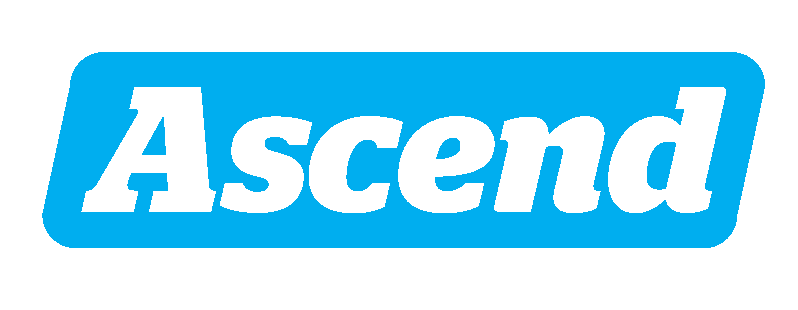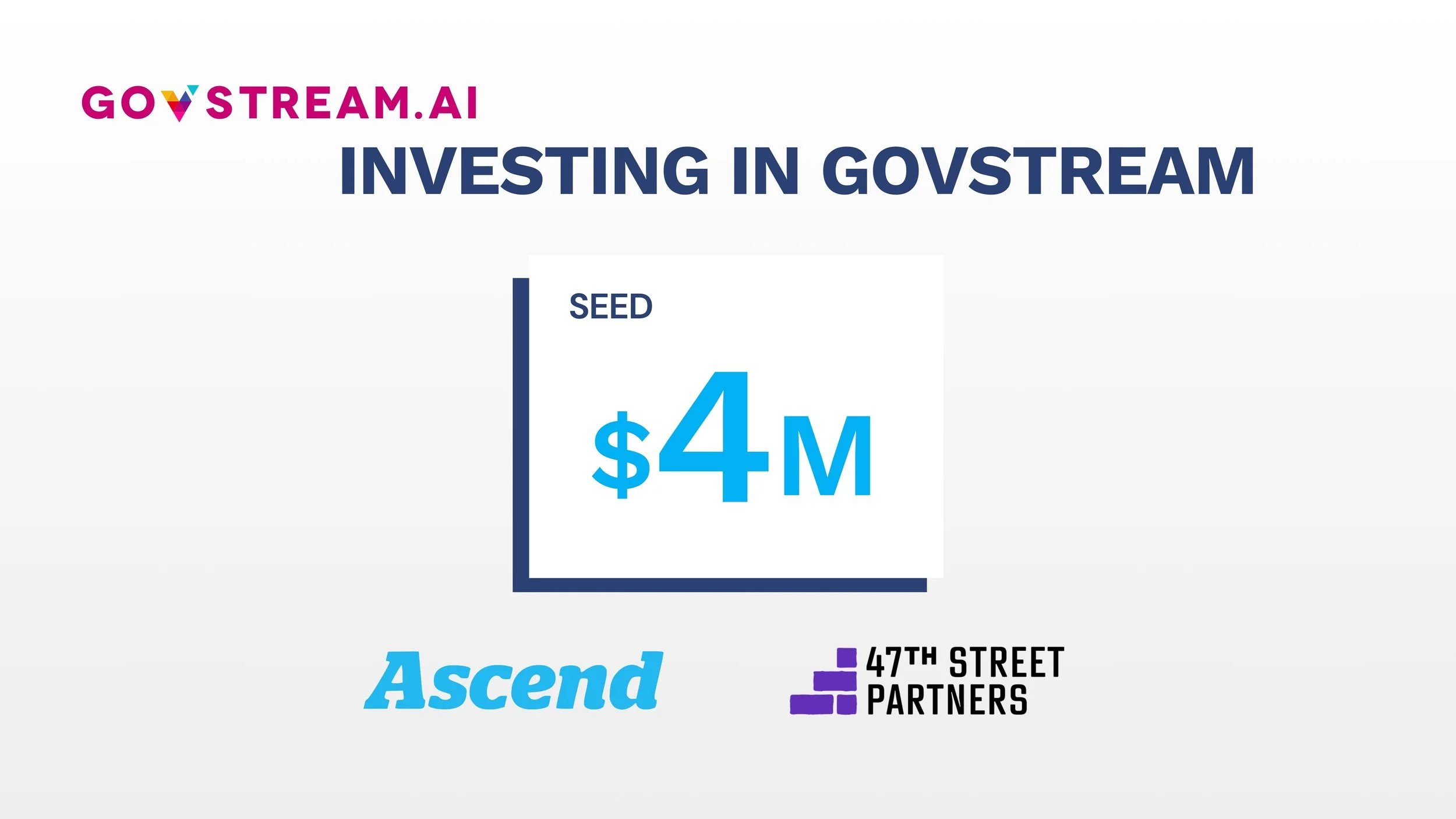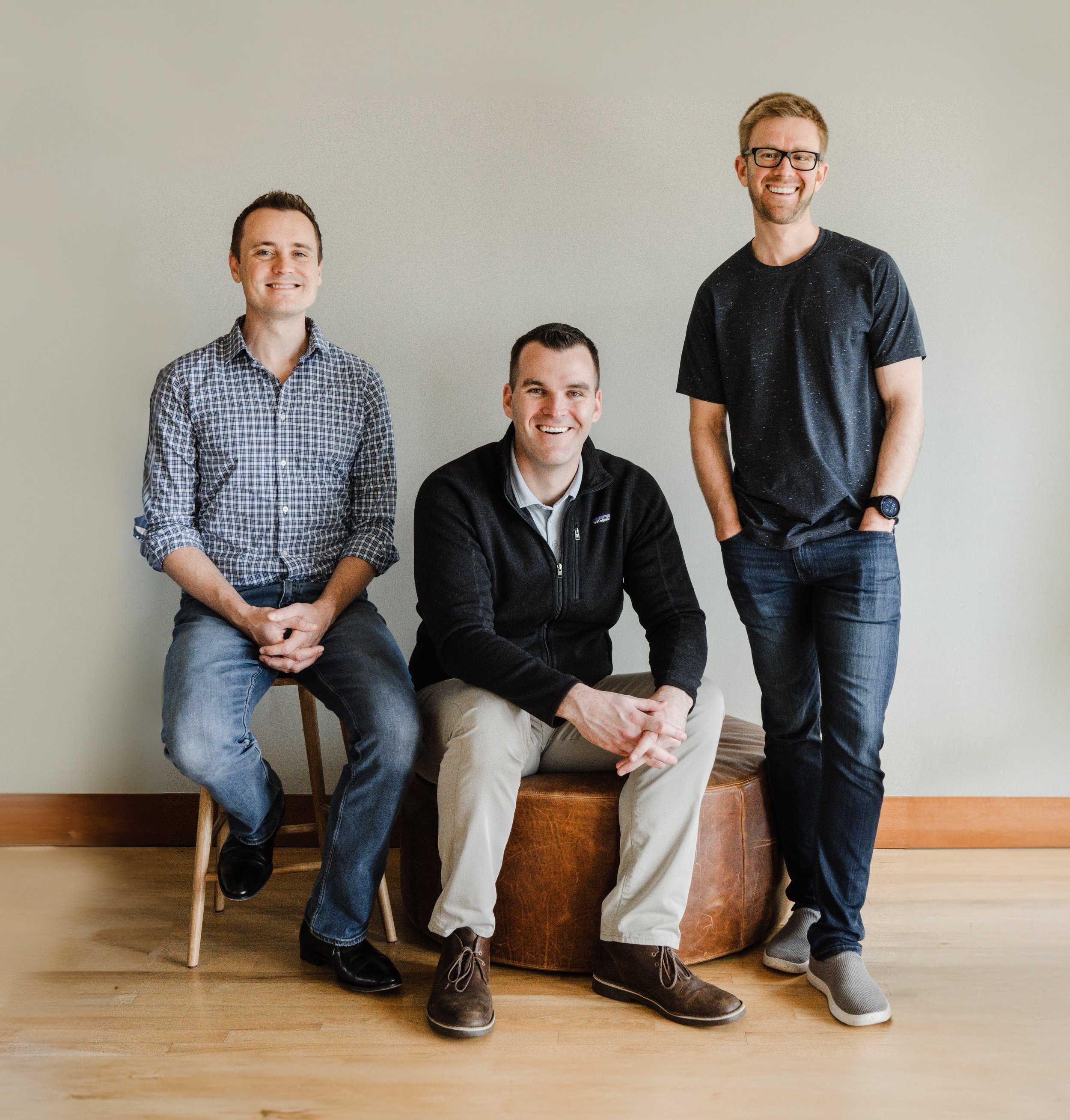Nate: Thanks for being here. Patrick, let’s start with you. Most people here understand SEO, ranking high on Google. In the context of GEO, what does that actually mean, and how is it different?
Patrick: They are similar in that both involve algorithms that guide how customers make decisions. But GEO builds on SEO. Everything you have done for SEO still helps, but GEO adds another layer. Generative engines pull from a much broader range of sources and infer associations through complex algorithms. The key lesson is to publish content that clearly communicates what you are good at. When people search “best running shoes,” the models infer which brands tend to appear near those words. It is like SEO but deeper, more contextual, and increasingly personalized to the user.
Nate: Ethan, let’s dig into the mechanics. How do generative engines surface information differently than Google’s SEO model?
Ethan: There are two main paths. First, the model might rely on what it already “knows,” its internal training data. Those answers are fixed until the next model update. The second path is retrieval: it searches the web in real time.
When you enter a query, an LLM often translates it into multiple Google searches, executes them, and parses the results. On average, we have found that LLMs run about 2.7 Google searches for each user query. Humans tend to write two- to three-word searches. AI searches average 6.7 words, and sometimes 15 or more. That means they are pulling from long-tail, descriptive queries, different results than you would get manually. The model then reads those pages, extracts relevant context, and synthesizes a response.
So SEO focuses on short keywords and top links. GEO is about being present across those longer, contextual searches. And that is evolving fast: ChatGPT, for instance, now integrates directly with Shopify, meaning product data can feed straight into its responses.
Nate: Patrick, Gumshoe focuses heavily on analytics. How do you evaluate how companies appear across these engines?
Patrick: We start by identifying your likely customer personas, the topics they care about, and the queries they might make. We then run those prompts across the models you care about, ChatGPT, Gemini, Perplexity, and analyze the responses. We see which brands are mentioned, which appear first, and what sources the models cite.
You start noticing patterns. For example, Google’s AI Overviews love YouTube, Reddit, and Google Maps data. Across categories, the largest share of citations still comes from company domains, Nike, Reebok, Adidas, Brooks, those official sources. What is interesting is that many URLs cited in AI Overviews are not even in the top 10 Google search results. The engines are pulling from deeper parts of the web.
We publish some of this data on research.zero.gumshoe.ai, where we break down which sites are most cited by category and model. The takeaway is that these models have clear biases based on what data they were trained or connected to. Google leans on YouTube, OpenAI leans more on Reddit, and access to those data pipelines influences what they surface.
Nate: Ethan, I have heard Reddit’s influence is waning. Are you seeing that too?
Ethan: Definitely. In September, we saw Reddit’s share of citations drop sharply, from 22 percent of answers mentioning Reddit to about 16 percent. Reddit accounted for roughly 9 percent of all citations across AI answers earlier in the year; now it is closer to 2 percent. Google changed its algorithm to limit how many pages models can access beyond the first search page, which likely contributed.
That said, Reddit rebounded a bit in October. It is always shifting. But some principles hold steady. We break GEO strategy into three categories:
First-party content: What you publish on your own site.
Third-party coverage: Articles about you on sites like Forbes or Wikipedia.
Organic communities: Platforms like LinkedIn, Reddit, Medium, and Dev.to.
First-party content is consistently strongest. Write about your company, your product, and the problems you solve. Listicles perform incredibly well, LLMs love them. They are structured, easy to parse, and contextually rich.
Wikipedia is another huge factor. If you can get a page, do it. It is a major signal of legitimacy for LLMs. Paid listicles can help too, but writing your own version on your site is often equally effective.
As for social media, Twitter content is not indexed well by LLMs, and Reddit’s influence, as I said, fluctuates. So focus first on your own site and credible third-party pages before branching
Nate: When you think about ChatGPT, Gemini, or Perplexity, do you tailor strategies for each model?
Patrick: Right now, it is more about where users are. OpenAI and Google dominate, even if people do not realize Gemini powers most Google searches.
Some models, like Perplexity, rely heavily on live web results, which helps startups appear quickly. But static models, those with older data, take much longer to reflect new companies. For new startups, targeting engines that pull from the web dynamically is key. Older, closed models may not surface you for a year or more.
Nate: Most of the founders we work with are pre-seed or seed stage. When does it make sense to seriously invest in GEO?
Ethan: The biggest factor is market competitiveness. In crowded markets like HR or recruiting, it is hard for early-stage startups to compete with established players’ content volume. But in focused, high-value niches, like B2B SaaS for specific verticals, it is different. For example, one of our clients sells to venture firms. Their audience is small but high-value, and the space was not saturated with content. They gained visibility early.
In general, Series A and B companies benefit the most. But if you are in a niche market, starting early pays off. In highly competitive markets, you might wait until Series C or later to prioritize GEO seriously.
Patrick: I agree. With Gumshoe, we often find value in identifying content gaps, areas where you think you are strong but are not ranking. Once you see that, you can target those areas directly. Our tools even generate content recommendations or scripts based on that gap analysis. It is about aligning what you know you are good at with what the models recognize you for.
Nate: Beyond strategy, what technology are you both building to support GEO?
Ethan: Gauge runs hundreds of prompts daily across ChatGPT, Gemini, Perplexity, and Google’s AI Overviews. We analyze which content performs best, then give tailored recommendations. Most often, that means writing new content or refining existing pages, because that is what models still rely on.
Looking ahead, ChatGPT’s new “apps” framework is huge. Companies can now connect APIs directly to ChatGPT. Zillow, for example, can surface apartment listings inside the chat interface. That is the next step for GEO, feeding structured data directly into models, not just publishing text.
Patrick: We are seeing the same trend. Right now, we use proxies like search volume and content freshness to approximate what users care about. And freshness matters a lot. Roughly 70 to 80% of citations we track come from content less than six months old. Some marketers even test tricks, like updating publish dates without changing the content. It works briefly, but quality updates still matter more long-term.
Nate: There has been speculation that LLMs will launch ad networks. What happens when that starts?
Ethan: It will change everything. Google Ads gives marketers insight into keyword volume and CPCs. Once ChatGPT or Perplexity introduce ads, they will have to share similar data, prompt frequency, cost metrics, and audience insights. That will make GEO measurable the way SEO is today.
Right now, we infer search intent through indirect data. Ads will bring transparency and show us what people actually ask these models, which will massively improve optimization strategies.
Patrick: Exactly. Until then, we are using heuristics to estimate volume. We translate topics into keyword clusters, track web search traffic, and assume correlation. It is not perfect, but it works reasonably well. Freshness is still the biggest signal. Keep your content updated and relevant.
Nate: It seems everything comes back to content. Should companies use AI to create it?
Patrick: If you have great writers, use them. But that is not always realistic. We have trained Gumshoe’s content generator to mirror brand tone and adapt phrasing to what models prefer. We have experimented with wording, how often to repeat brand names, when to use pronouns, the level of technical detail, and we have found consistent patterns that perform well.
You can schedule monthly updates, generate new articles, and test performance. We have not seen any penalty for using AI-generated text yet, and it is far more efficient than maintaining a large writing team.
Ethan: We usually recommend an AI-first workflow. Generate your draft with AI, then have a human edit it. That combination produces scale and quality. Studies show AI-written content is not penalized as long as it is coherent and useful. The human touch adds polish and ensures brand alignment.
Patrick: We have even added a feature that trains on your existing copy so it can write in your voice automatically. But quality still matters. Models will get better at distinguishing high-value from spammy content, so the editing layer remains essential.
Nate: As someone who went to journalism school, I still value human editing. How do you balance writing for people versus for LLMs?
Ethan: We tell clients to separate their site structure. Keep your thoughtful, human-centered writing in a Blog, and your high-volume, AI-facing content in a Resources or Learning Center. That separation keeps your site clean, both human readers and LLMs get what they need.
Your best essays go in the blog. Your “Top 10 B2B Venture Firms in Seattle” listicle, that belongs in Resources. Surprisingly, those pieces perform extremely well in generative search.
Nate: Once your content is out there, how do you control how models represent your brand?
Ethan: Branded search is crucial. People ask LLMs questions like “What does Ascend do?” or “What is Gauge?” It is better for the model to quote your site than a random third-party. So write feature pages that explicitly answer those questions, what you do, who you serve, why you exist. That ensures models pull accurate context directly from your domain.
The same goes for “alternatives to” searches. Write your own “alternatives to” article, even if it feels awkward. It is better to control that narrative yourself.
Patrick: Right. For branded queries, your own domain is almost always the top-cited source if you have written anything relevant. Feed models clear, updated content so they reflect the message you want.
Nate: How often should companies create or update content?
Ethan: As often as is practical. For small teams, writing nonstop is not realistic, but consistency matters. Every new or refreshed piece gives models a reason to reference you again. Prioritize quality over quantity.
Patrick: Think of it as two tracks: your blog is for thoughtful, human-written work, while your resources section is where you answer the internet’s recurring questions. Keep both fresh, and both audiences, human and machine, will keep engaging.
Nate: One founder asked about using Reddit or other social platforms to improve visibility. Still worth it?
Ethan: It can help, but it is indirect. Your Reddit post has to be in the exact thread the model references, and even then your comment must be part of the cited context. It is three steps removed from influencing the final answer.
Publishing on your own site gives you immediate control and measurable impact. Once that is solid, branching out to Reddit, Dev.to, or LinkedIn can add incremental reach, but do not skip the foundation.
Patrick: GEO is still new, but one principle stands out: clarity and freshness win. You cannot game LLMs the way people gamed SEO, but you can teach them.
Ethan: Exactly. Think of it as building your brand’s knowledge graph for the AI era. The companies that start early, writing clear, structured, up-to-date content, will shape how they are represented in every generative engine.













